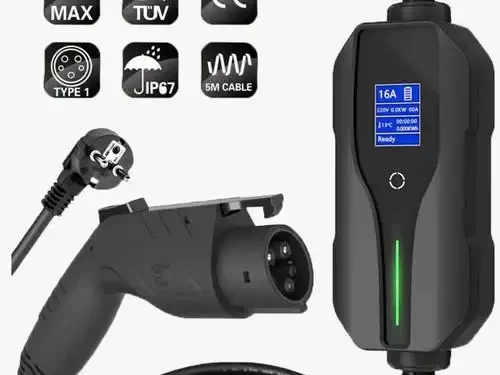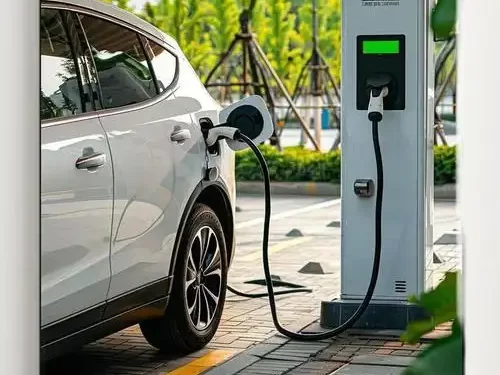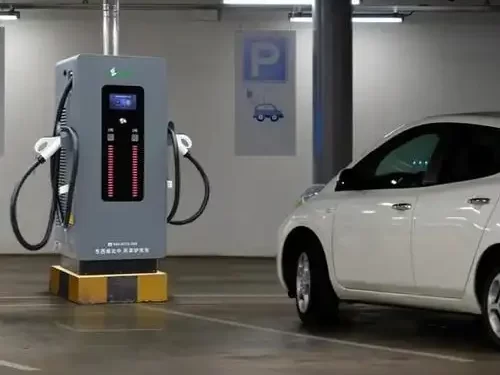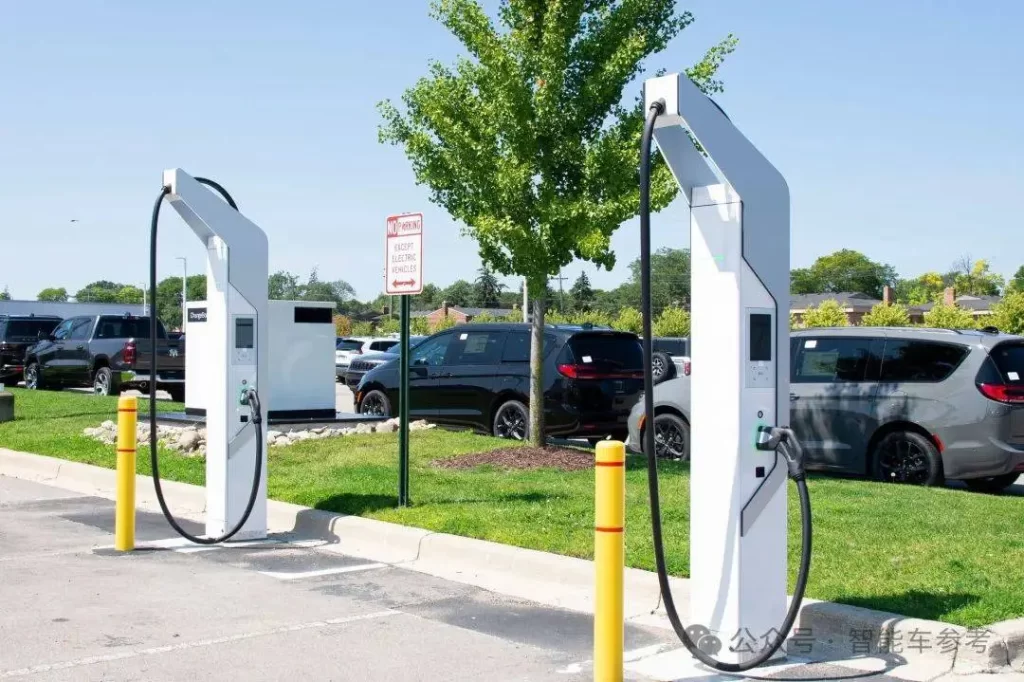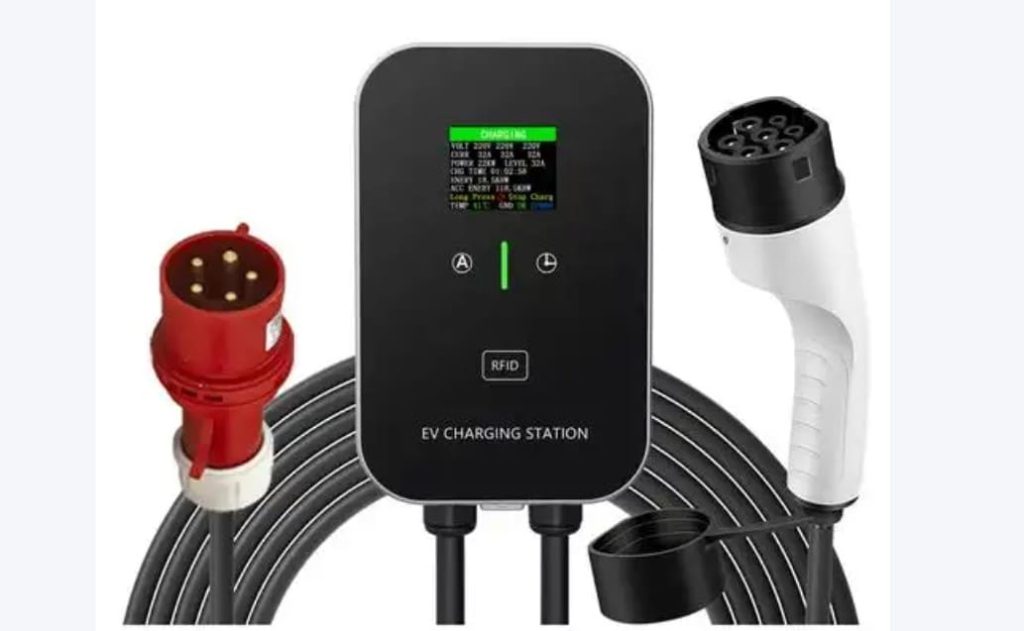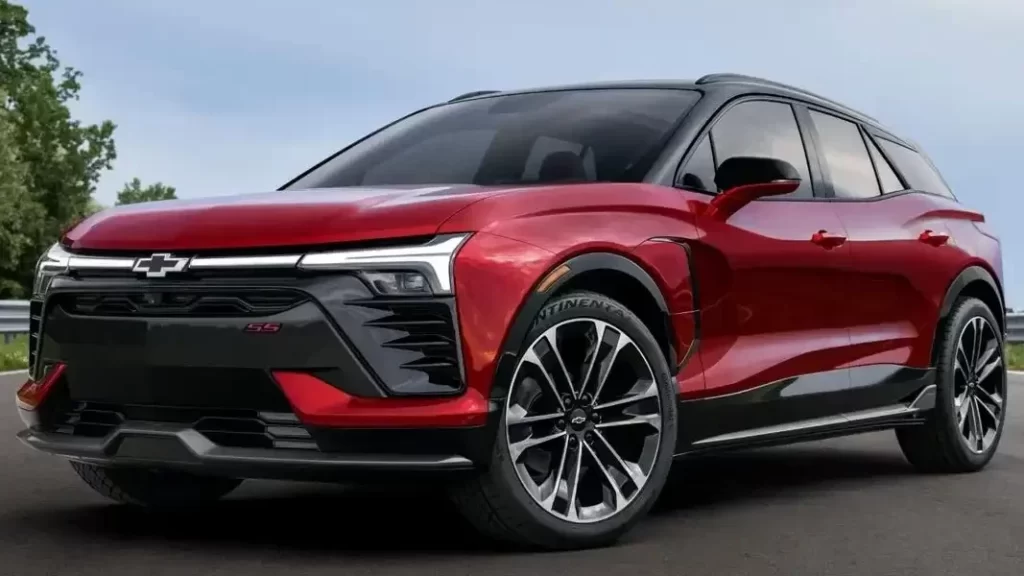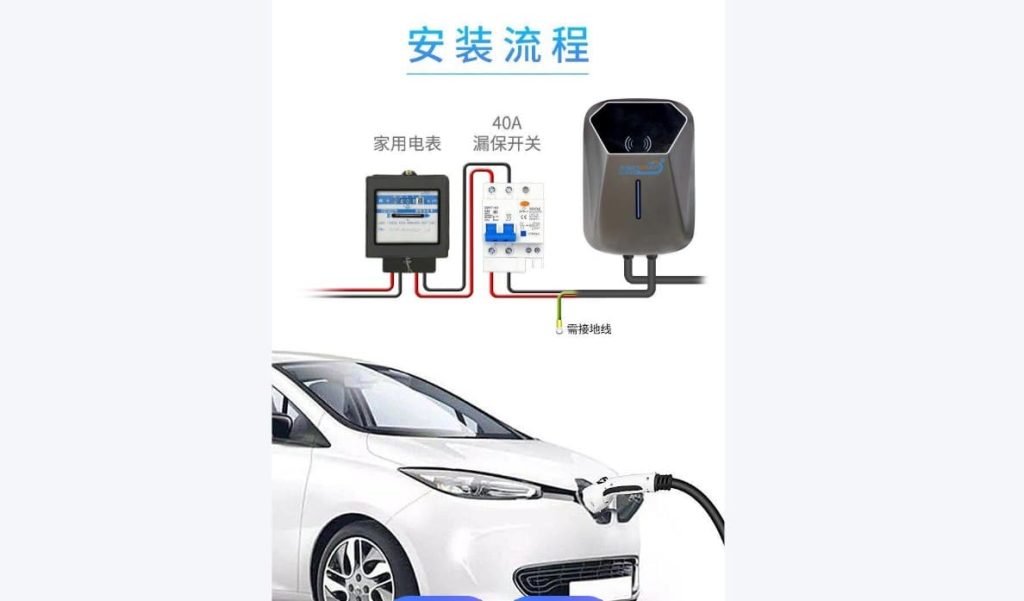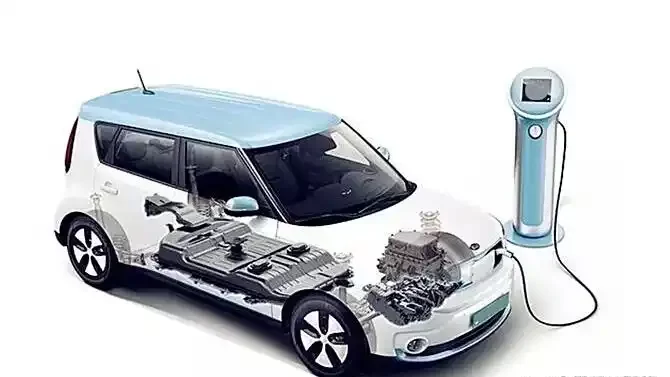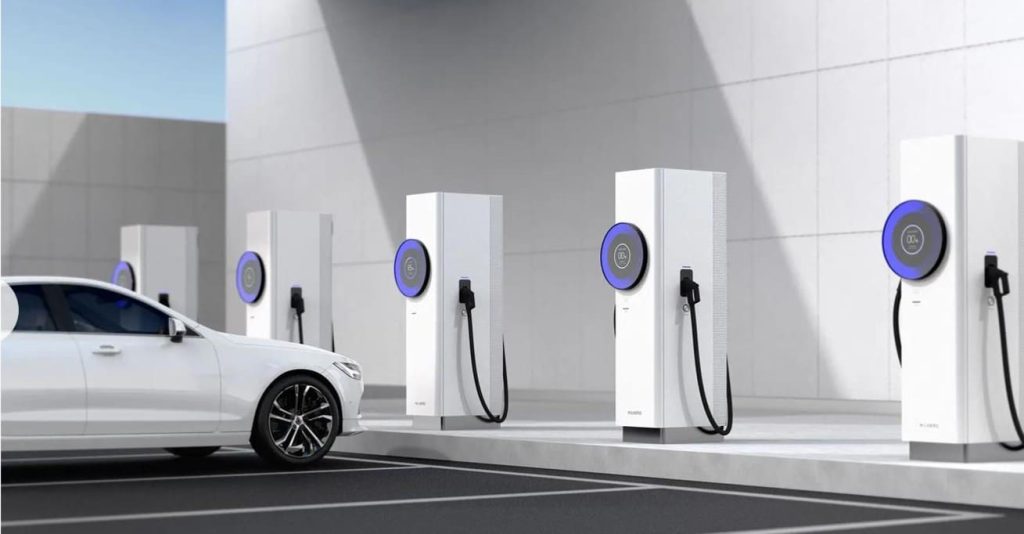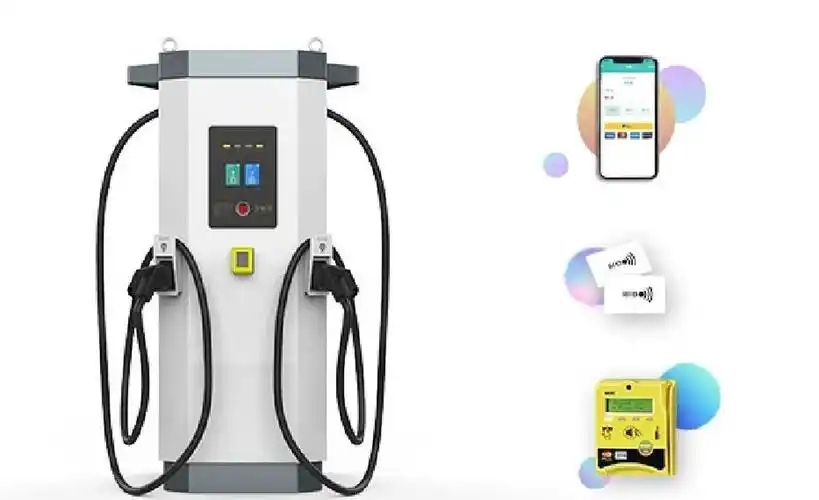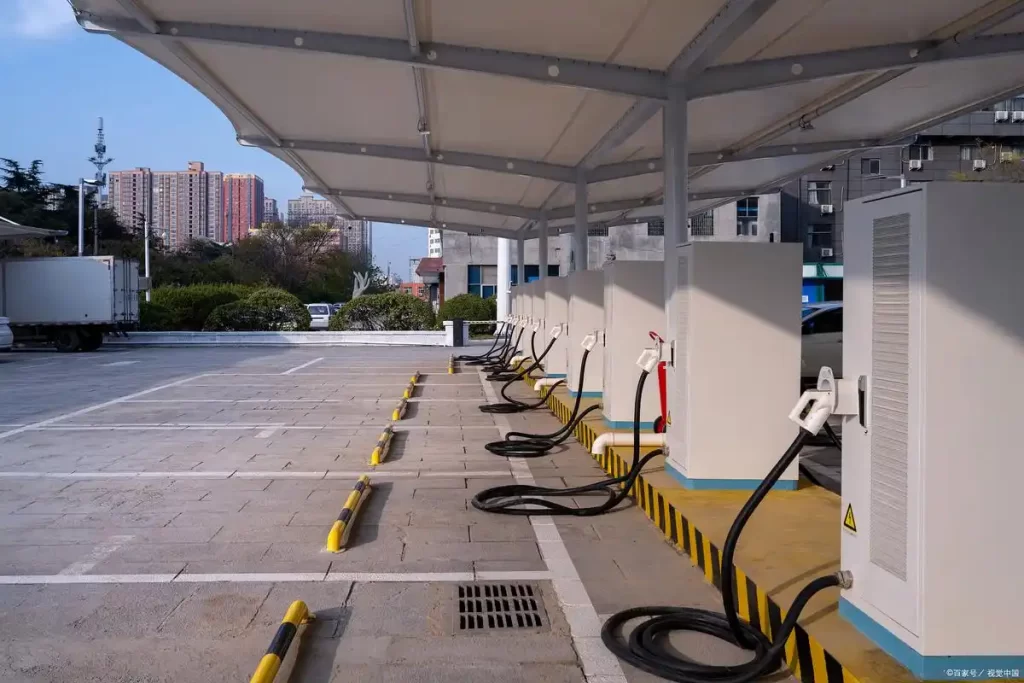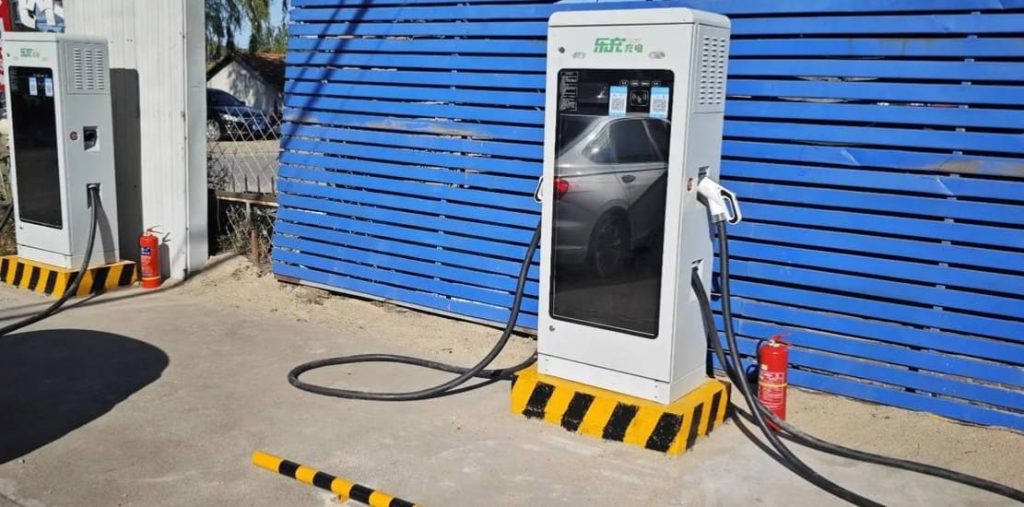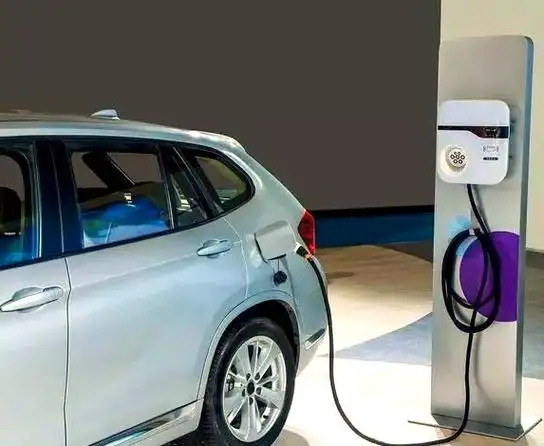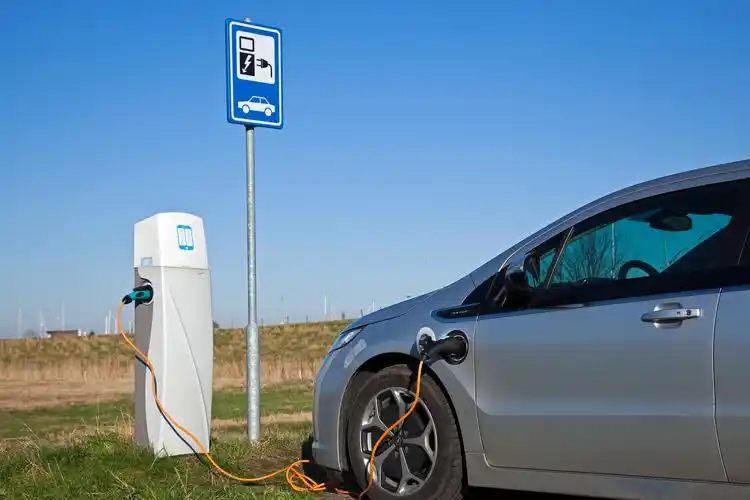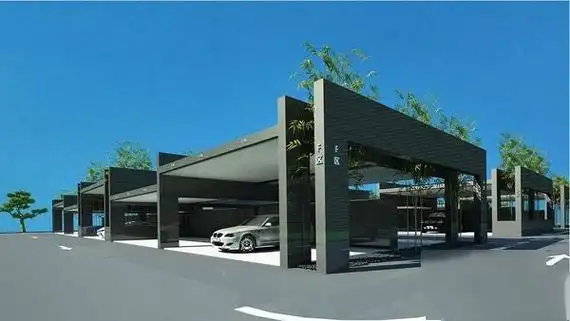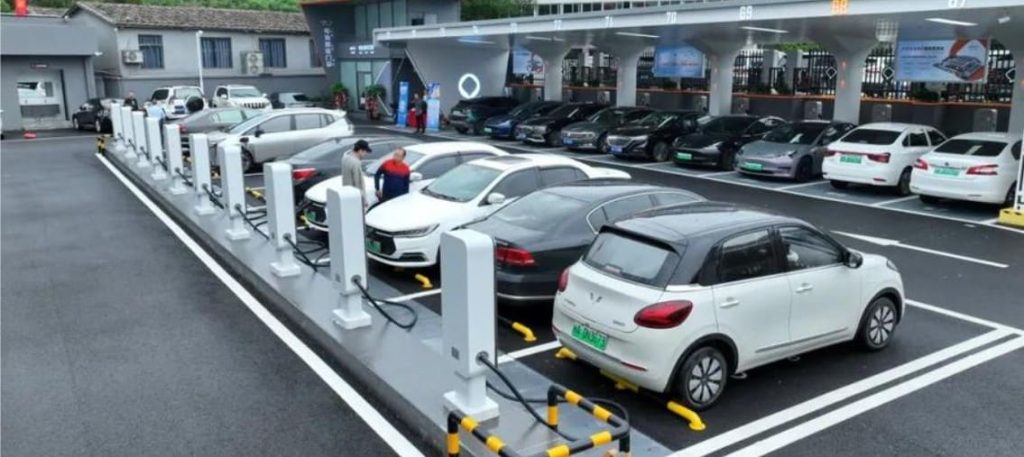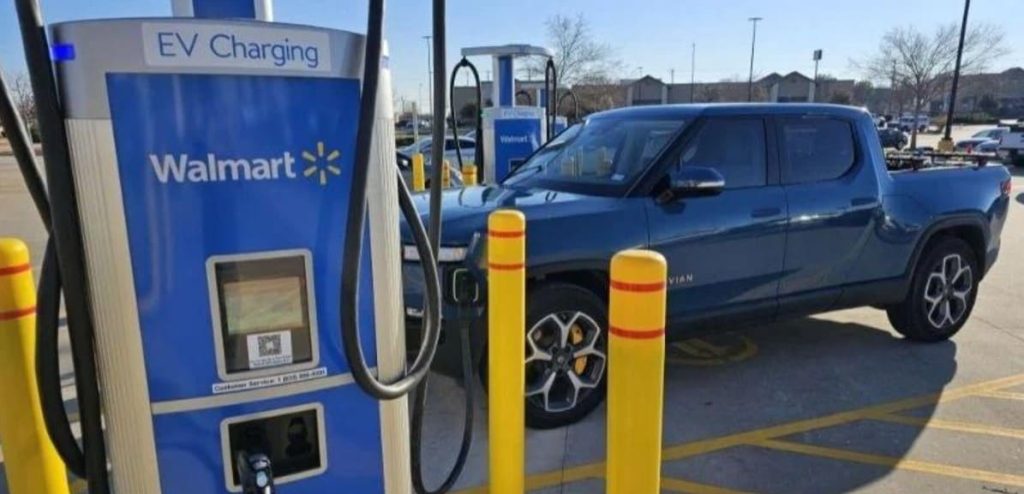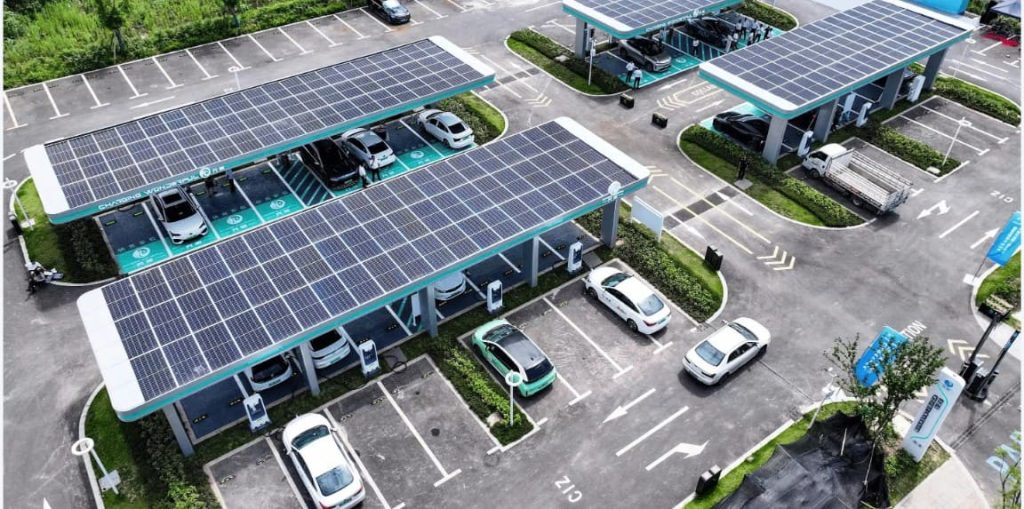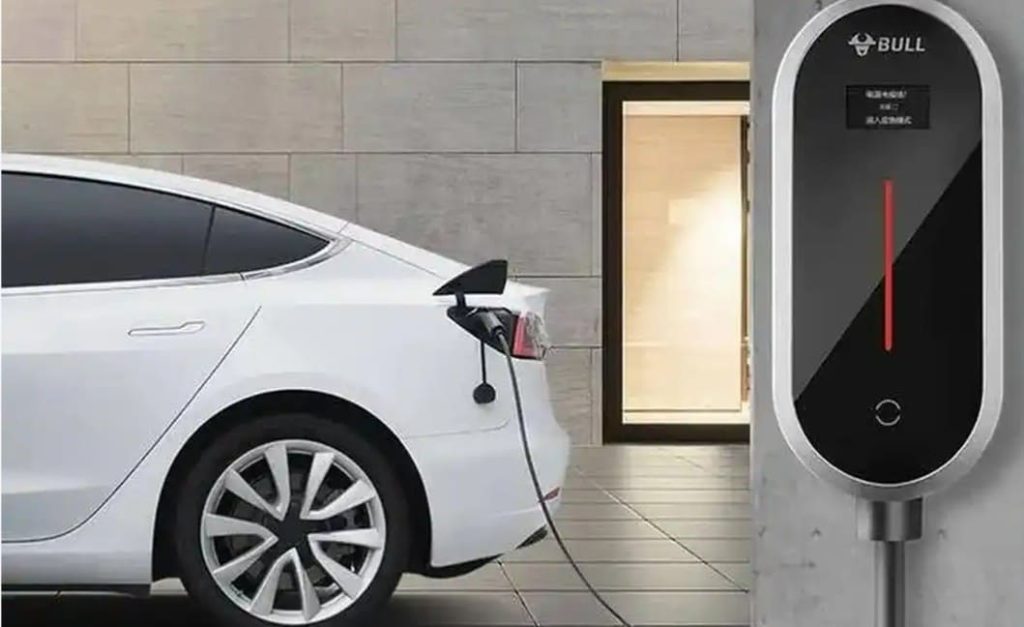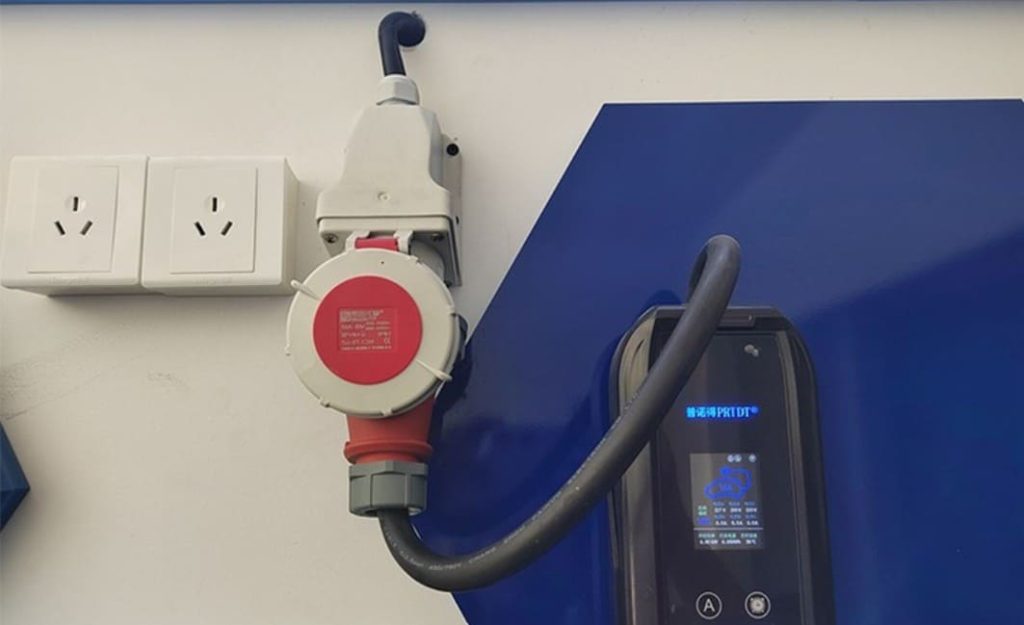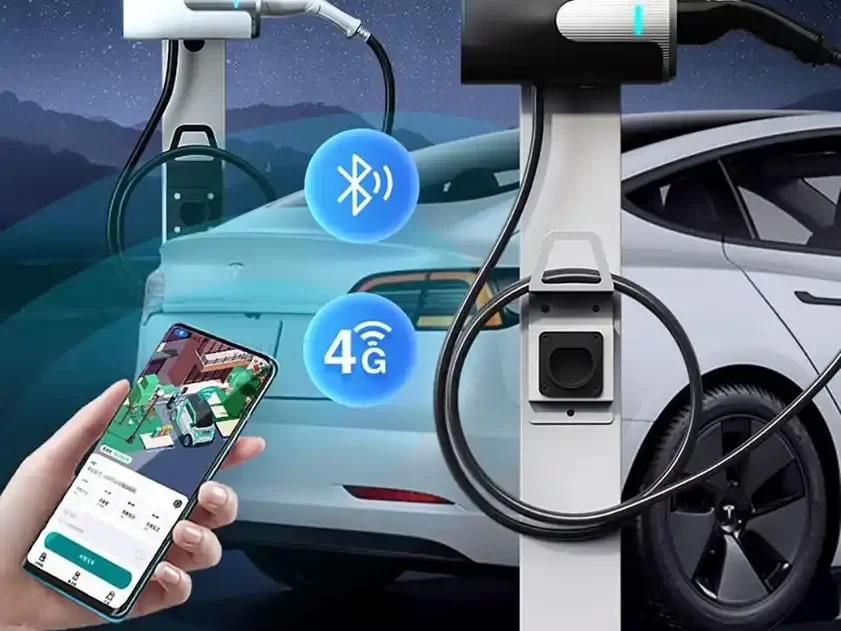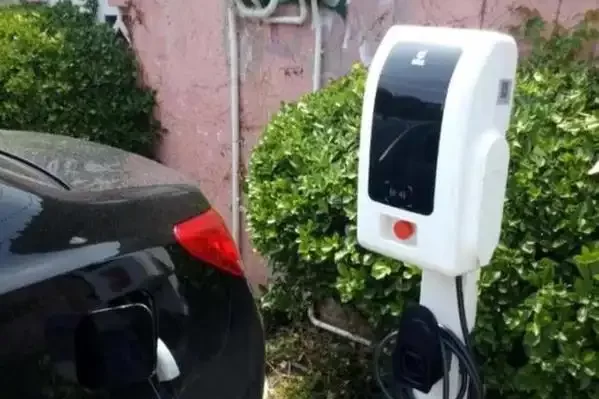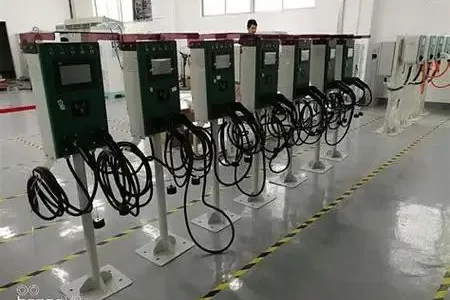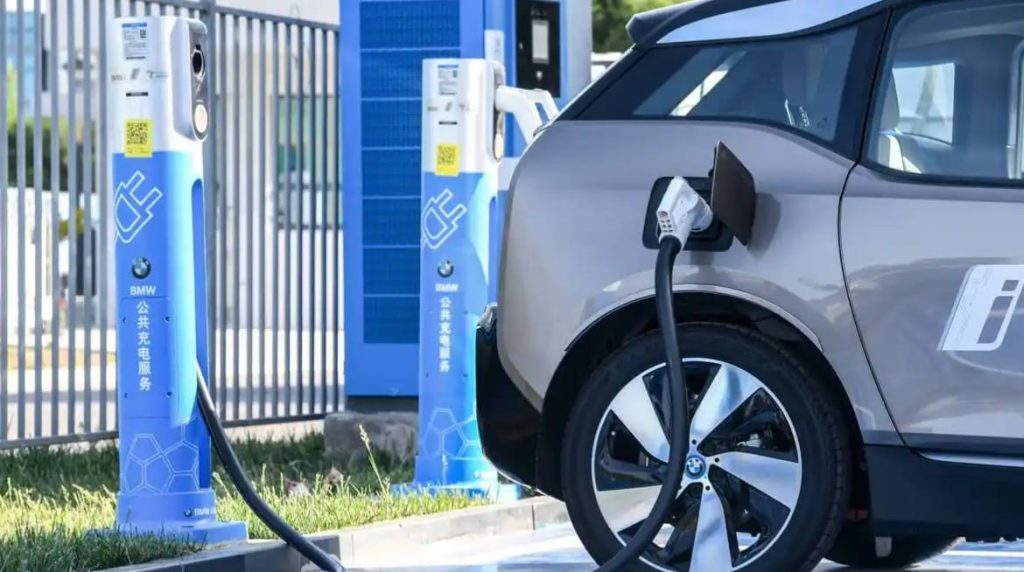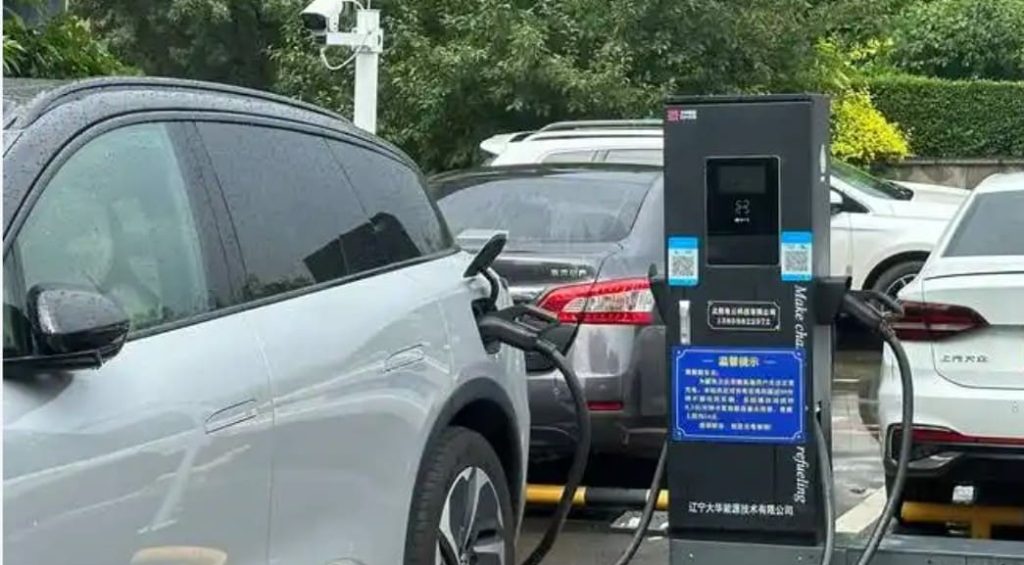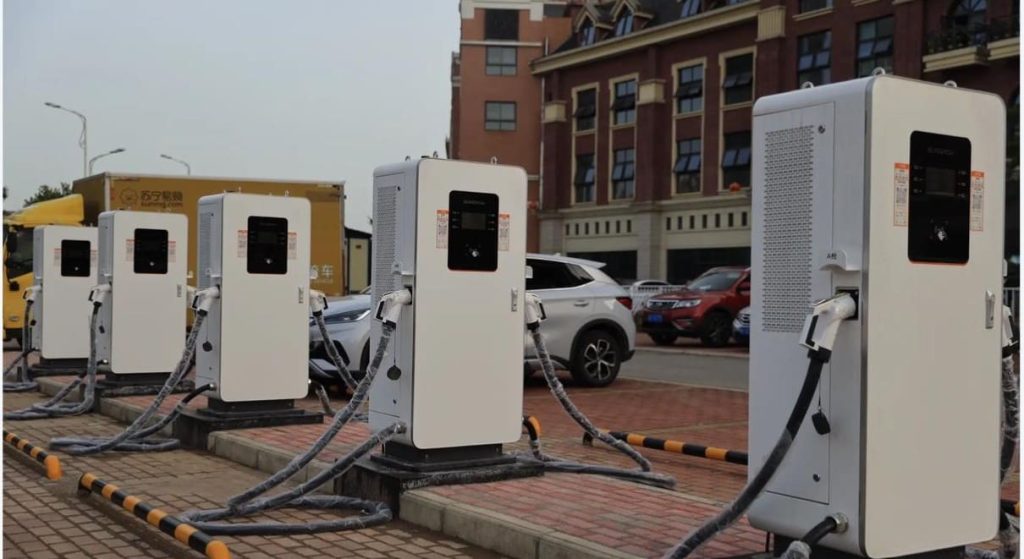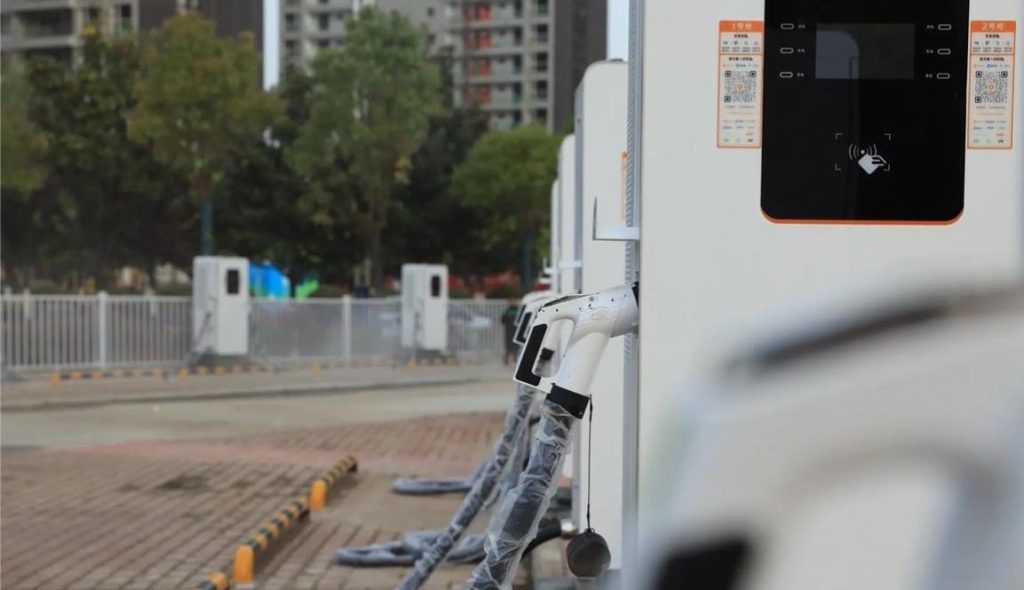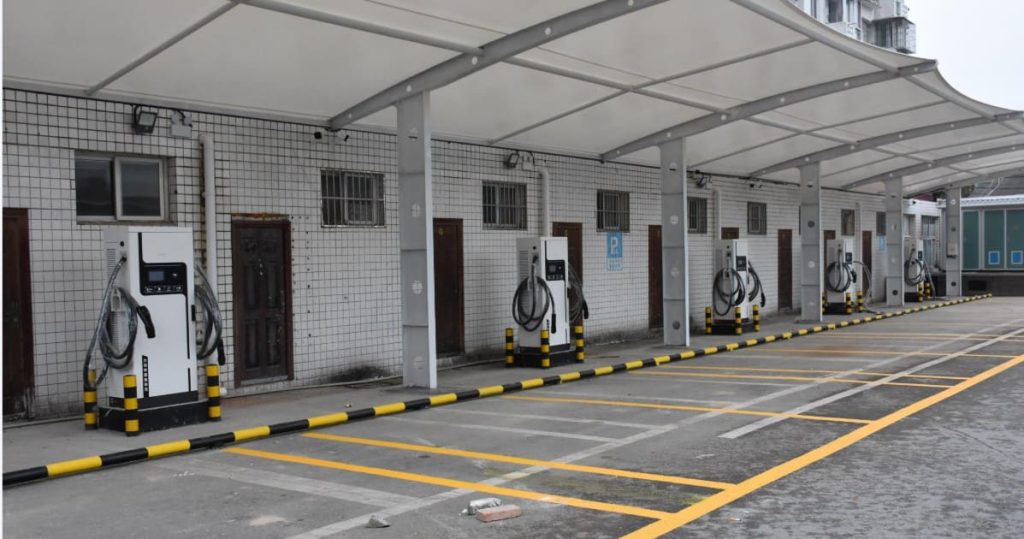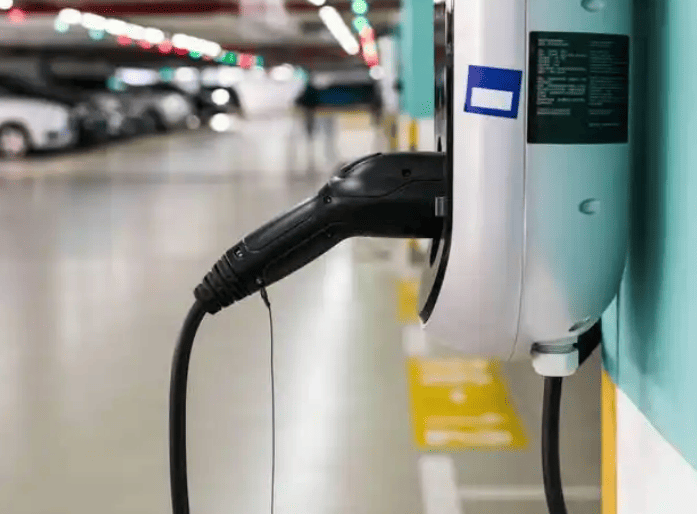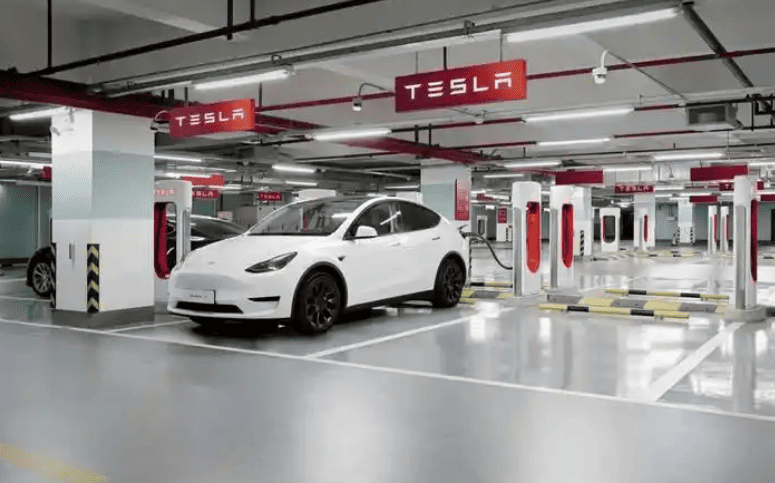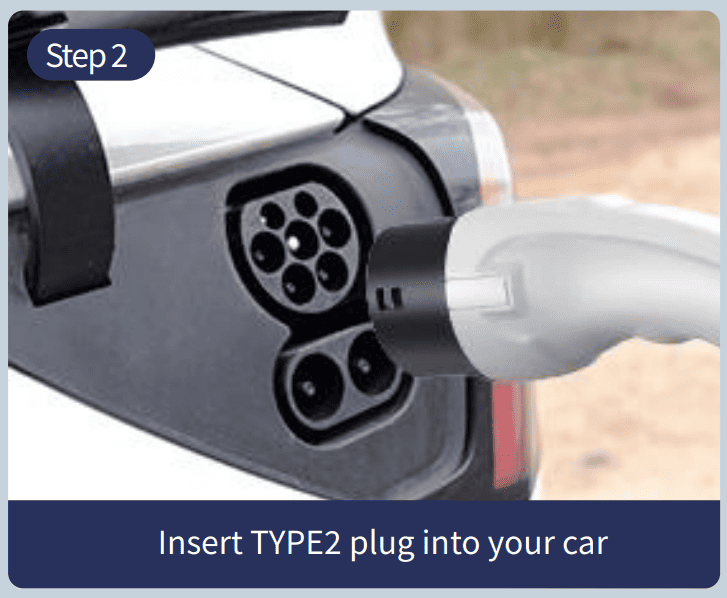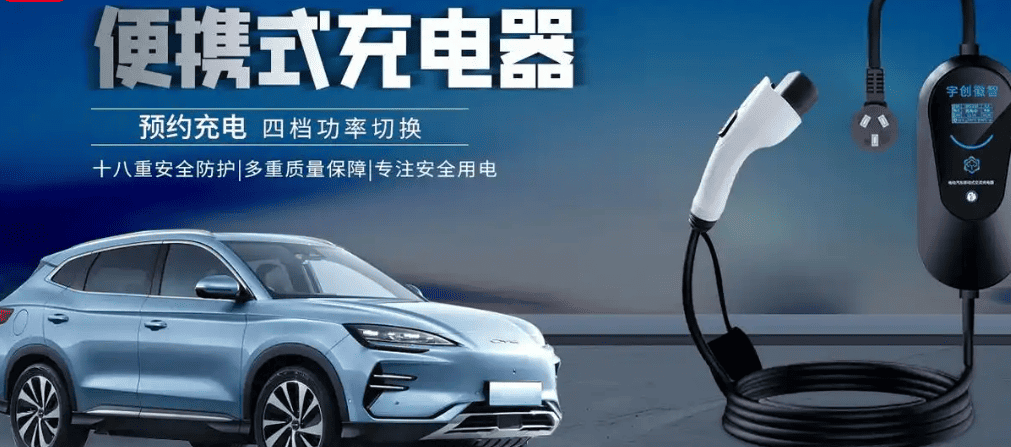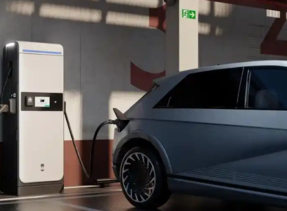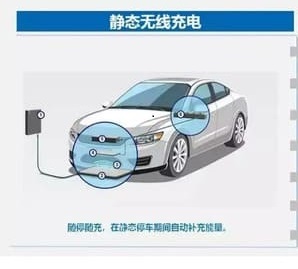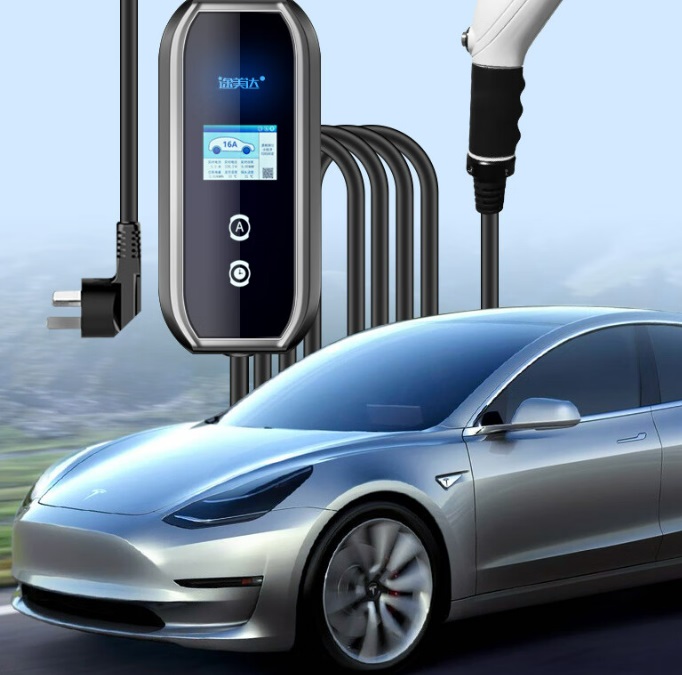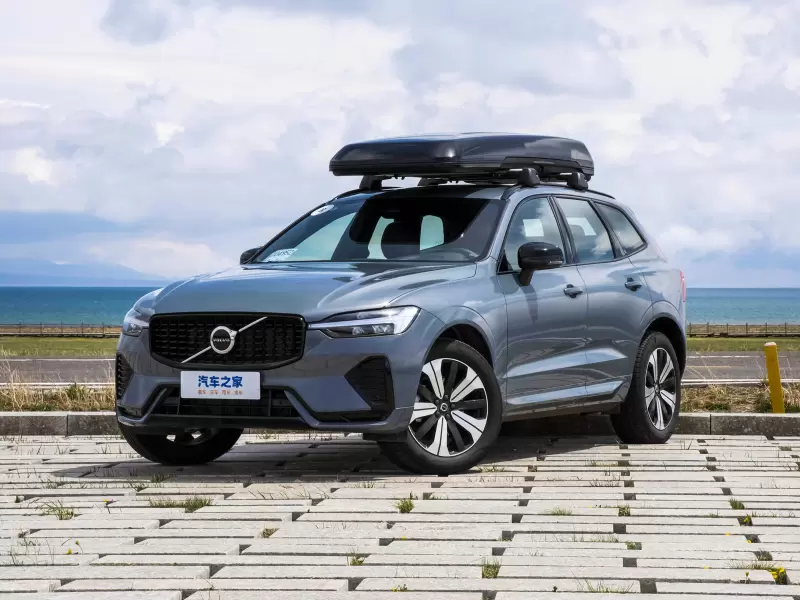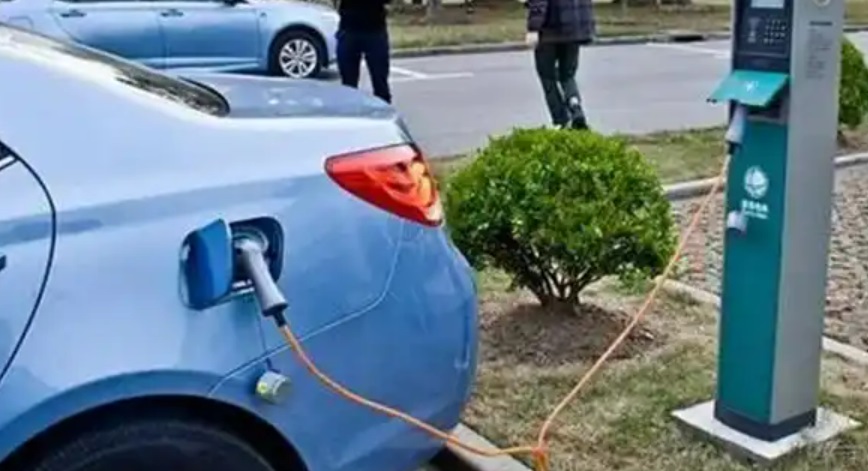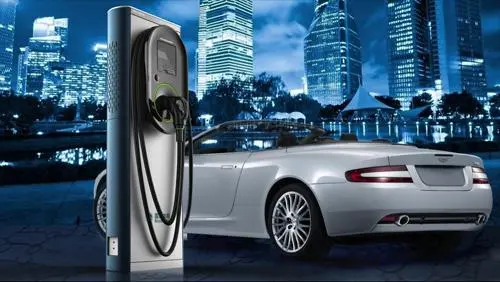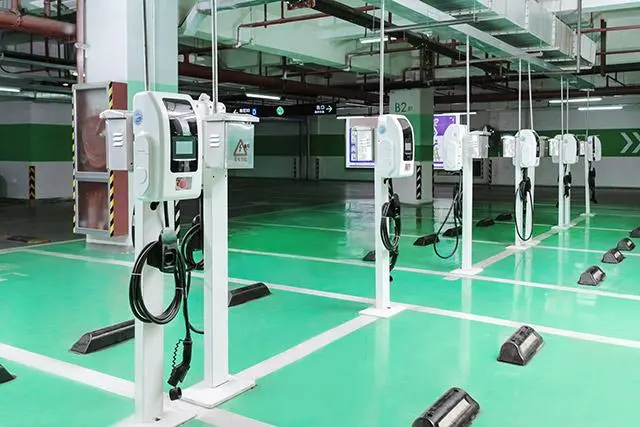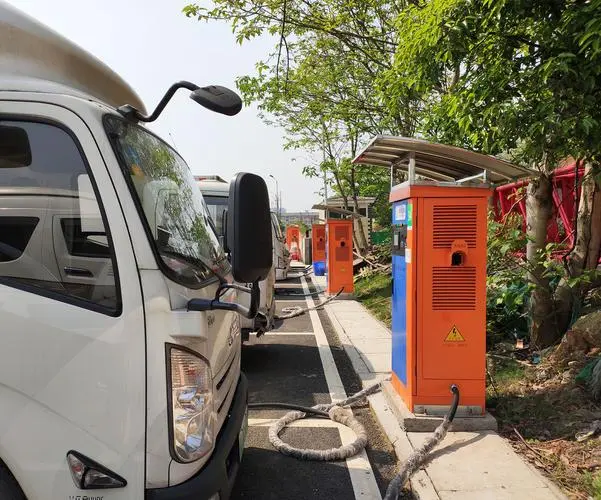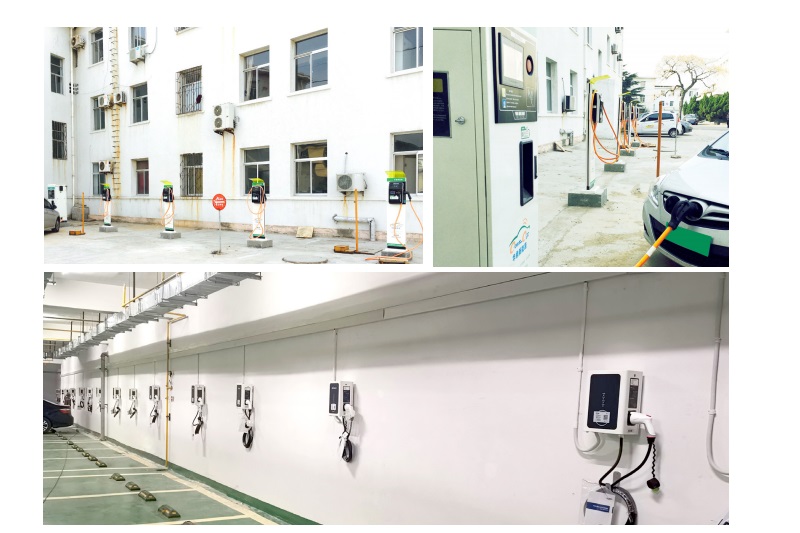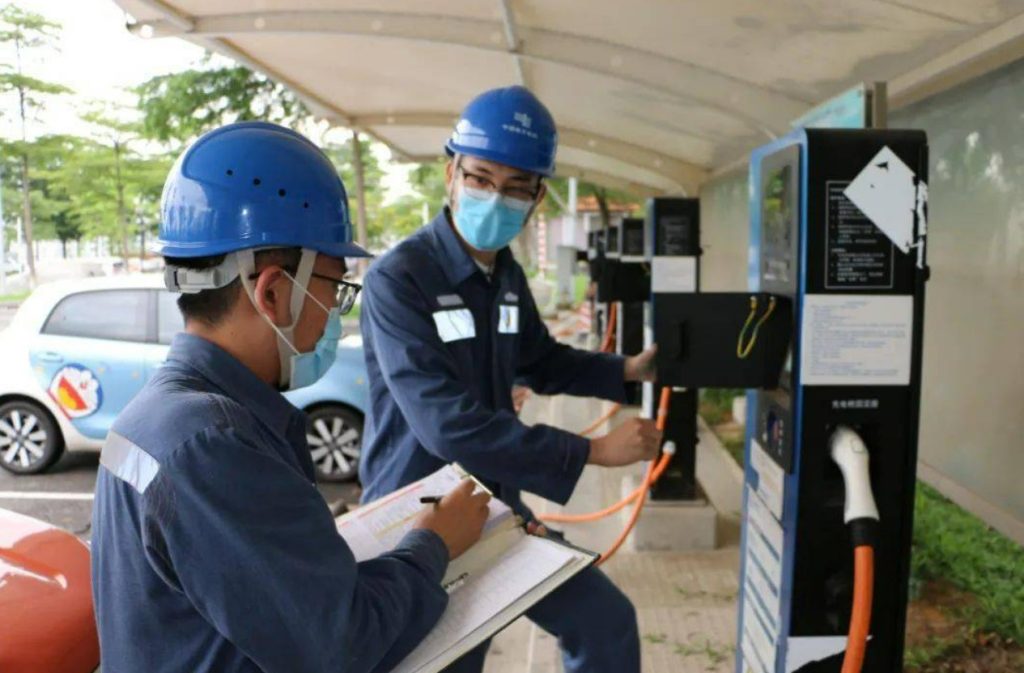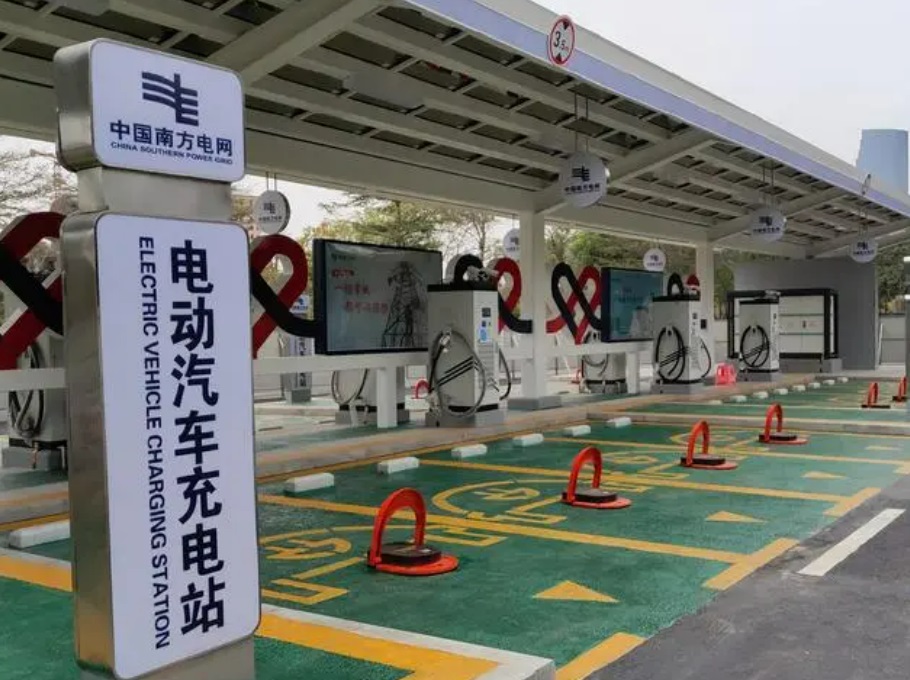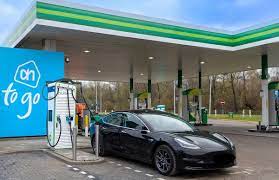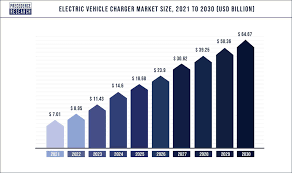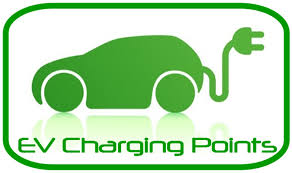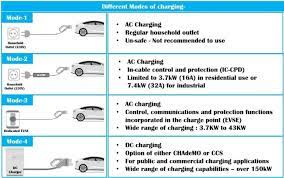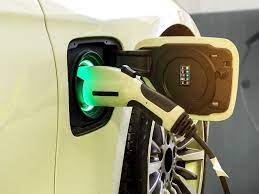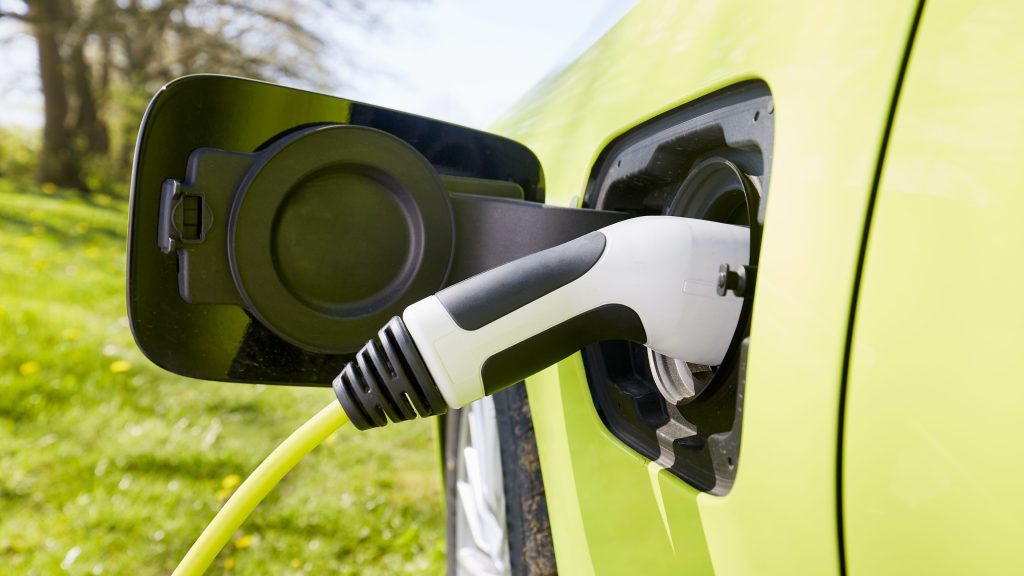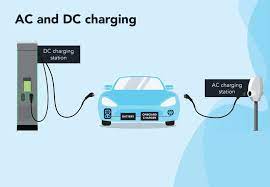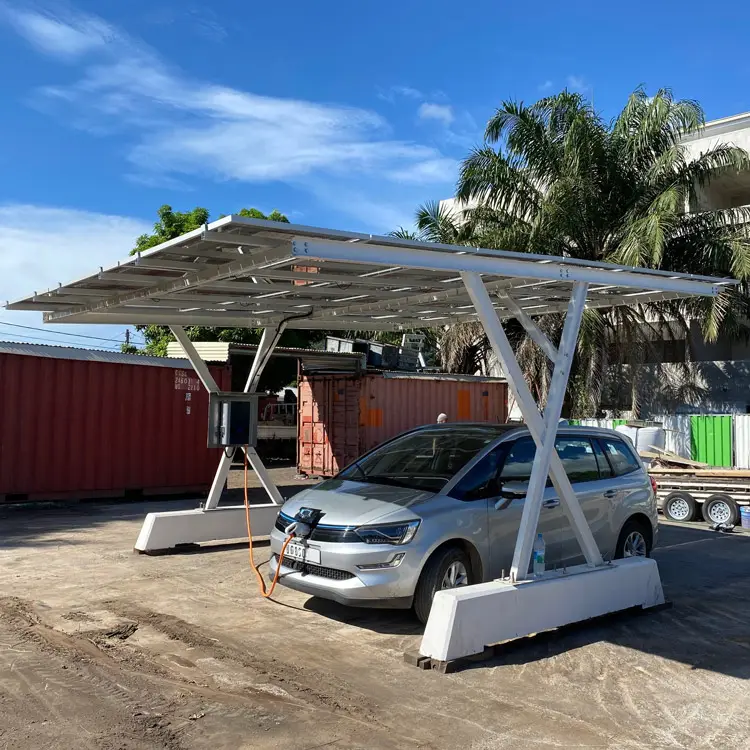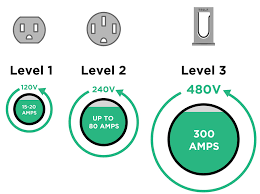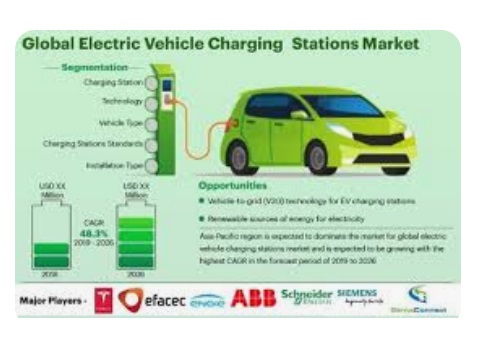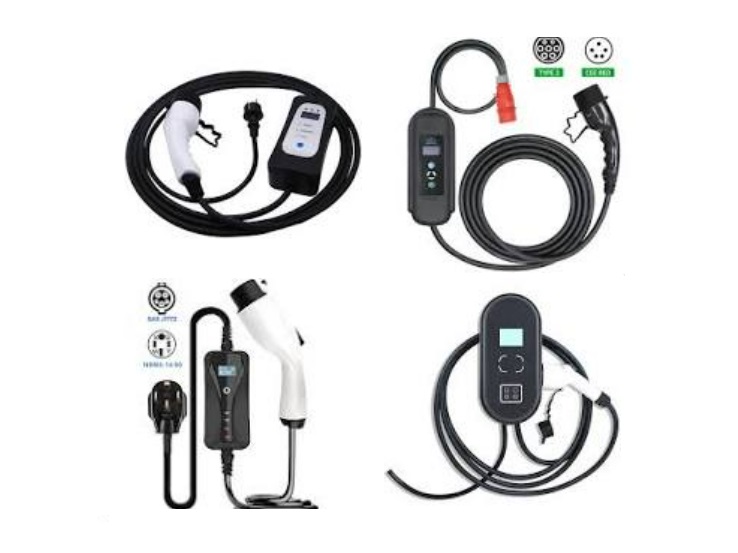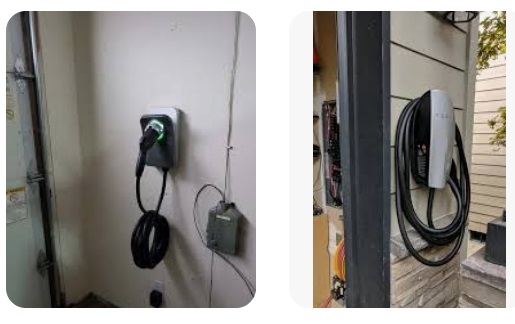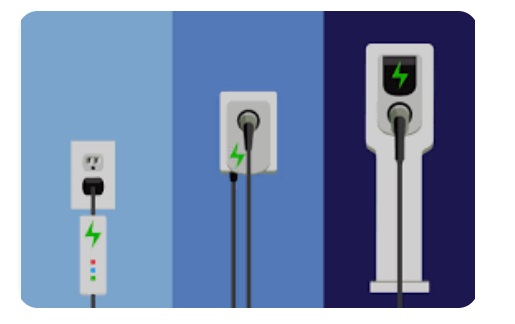EV charging station franchise
EV Charging Station Franchise: Your Roadmap to Building Charging Networks
An EV charging station franchise is a government-granted right allowing a company exclusive authority to invest in, build, and operate EV charging stations within a specific geographic area. This model is central to China’s strategy for rapidly expanding its public charging infrastructure. Below is a detailed breakdown of how these franchises work, their requirements, and the evolving regulatory landscape.

What the Franchise Covers and Its Requirements
The franchise holder’s responsibilities and scope are carefully outlined in the franchise agreement. Usually, a particular administrative region serves as the designated franchise territory. For example, Changge City’s franchise ensures thorough coverage by encompassing its townships, administrative villages, urban core, and other populated areas. Due to varying local strategies and evaluations of market maturity, the franchise term varies greatly by location. For instance, Changge City has 30 years, Hongjiang City has 15 years, and Chenzhou has 25 years.The scope of permitted business activities under the franchise is broad, covering the entire lifecycle of charging infrastructure. This includes the investment and construction of charging piles and stations, their ongoing operation and maintenance, the development and sale of charging equipment and related accessories, and the provision of technical consulting services. Crucially, the franchise agreement sets clear development targets the holder must achieve. Changge City, for example, mandates that by the end of 2030, the franchisee must establish a three-tier public charging network (city, township, village level), construct over 137 centralized public charging stations, and install more than 2,374 public charging piles. These targets are legally binding commitments within the franchise contract.
Who Qualifies to Hold a Charging Station Franchise?
To make sure franchisees have the skills and moral character to provide long-term, vital public infrastructure, governments enforce stringent requirements. The basic requirements remain the same: the applicant must be a legally incorporated organization with the capacity to independently assume civil liabilities, have a strong reputation as a business, maintain sound financial management systems, and show a consistent track record of making social security and tax payments. To further protect the public interest, additional requirements are frequently imposed. In order to successfully complete the contract, many areas demand that the business have the required tools and specific technical know-how. A clean legal record for at least three years prior to application is commonly mandated, meaning no significant violations in business activities. Furthermore, the company must not be listed as a dishonest entity subject to enforcement (a “失信被执行人”) or appear on other relevant negative credit lists. These stringent requirements aim to select only highly capable and trustworthy operators.
How Companies Obtain the Franchise Right
The process for awarding an EV charging station franchise is rigorous and multi-staged, designed to ensure transparency and optimal selection. It begins with project initiation. The responsible government department or an authorized agency can directly propose the franchise project. Alternatively, proposals can originate from other entities (like potential investors or industry groups), which are then formally initiated by the relevant department. Next comes feasibility study and plan formulation. The implementing agency commissions independent third-party experts to conduct a thorough feasibility assessment. Based on this, they draft a detailed implementation plan. Simultaneously, the government’s finance department performs a “value for money” assessment (物有所值评估) and a fiscal affordability analysis (财政承受能力论证) to ensure the project represents sound financial management for the public purse. The draft plan then undergoes review and approval. The implementing agency convenes a review panel comprising representatives from multiple relevant government departments and industry experts. Each department scrutinizes the plan and provides formal written feedback. Following this, the plan moves to government final approval. The implementing agency incorporates the feedback, refines the implementation plan, and submits it to the local People’s Government or an authorized department for final approval. Once approved, the competitive bidding process commences. The government uses open tendering, competitive negotiations, or other competitive procurement methods mandated by law to select the most qualified franchisee. Finally, after a mandatory public announcement period passes without significant objections, the franchise agreement is formally signed between the implementing agency and the selected company, legally granting the franchise rights.
Evolving Policies and Ensuring Compliance
To encourage fair competition, there have been major changes made to the regulatory environment for EV charging franchises. In the past, some local governments have given franchises to their own state-owned urban development and investment corporations in an effort to expedite the rollout of charging infrastructure. However, as the new energy vehicle industry matured, this practice increasingly revealed drawbacks, primarily stifling market competition and potentially leading to inefficiencies. A major shift occurred in 2024 with the National Development and Reform Commission (NDRC) revising the “Administrative Measures for Infrastructure and Public Utility Franchises”. A key amendment explicitly prohibits local state-owned enterprises (SOEs) from bidding on franchise projects within their own administrative jurisdiction. This aims to prevent local protectionism and create a level playing field. Furthermore, the General Office of the Communist Party of China Central Committee and the General Office of the State Council jointly issued guidance strictly forbidding local governments from setting up unauthorized market access barriers beyond the nationally established “Negative List”. These powerful reforms target the dismantling of local monopolies, fostering genuine competition, and enabling the healthy, sustainable growth of the EV charging station market.
Is an EV Charging Franchise Itself Against the Rules?
No, an EV charging station franchise is not inherently against the rules; its legality depends entirely on how it is awarded, operated, and whether it adheres to all applicable laws and regulations. The core concept of granting exclusive rights for public infrastructure via a franchise is a recognized and legitimate government tool. Legality hinges on the awarding process. If the franchise was granted through a transparent, competitive bidding process compliant with laws like the Government Procurement Law and the NDRC’s revised Franchise Measures (especially the ban on local SOEs bidding locally), it is legal. Franchises awarded non-competitively or preferentially to local SOEs before the 2024 reforms might have been common practice then but would likely violate current regulations if attempted today. Compliance during operation is equally critical.Operating safely, maintaining excellent service quality, charging reasonable prices, respecting property rights (such as securing the required permits for installations in residential complexes in accordance with the Civil Code), and fulfilling all development goals specified in the agreement are all requirements for the franchise holder. A violation of the franchise agreement and applicable laws results from failure in these operational areas. Mechanisms for effective oversight are essential. Governmental organizations are required to keep a close eye on franchisees to ensure compliance. By reporting infractions, the general public contributes as well.Authorities must investigate reports and take enforcement actions, including potential franchise termination for serious breaches. Therefore, while the franchise model itself is legal, its implementation must continuously align with evolving laws and prioritize fair competition and public interest to remain valid and effective. The recent 2024 reforms significantly strengthen this framework, actively working to dismantle past barriers.

